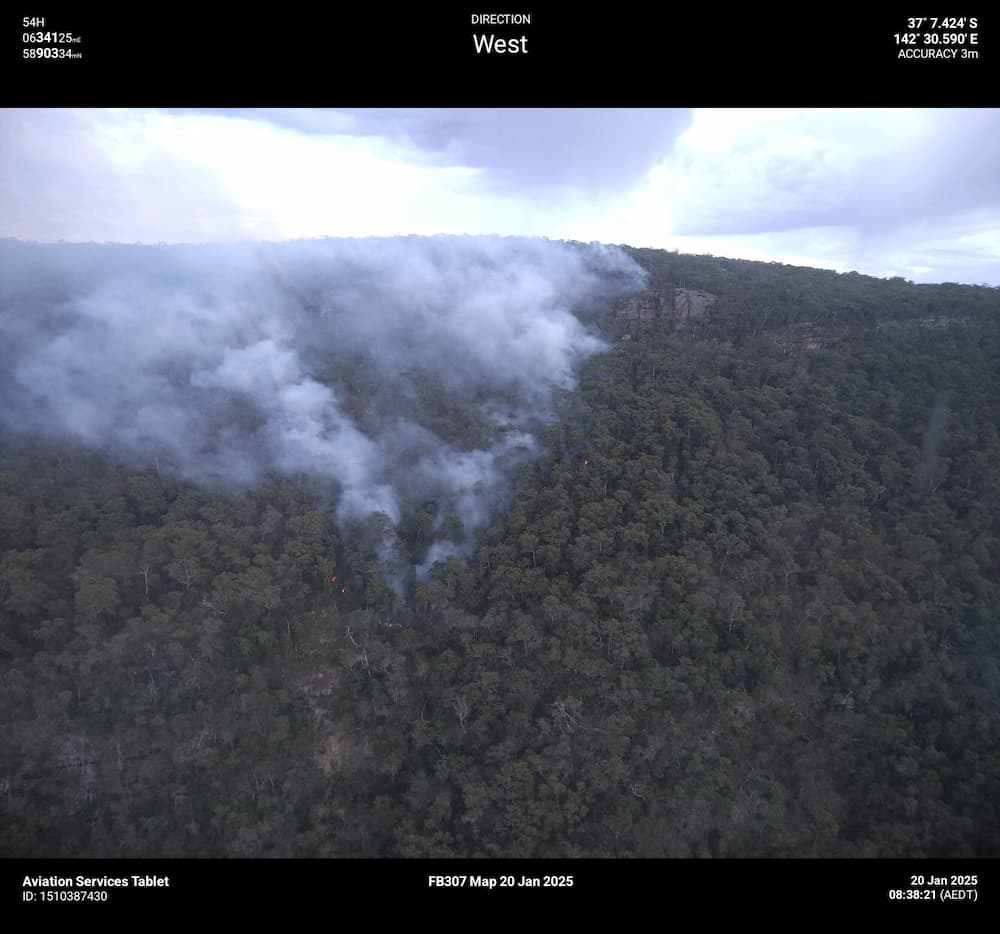A young mother is facing the fight of her life after a 5kg tumour the size of a soccer ball was removed from her ovaries during the birth of her son.
Emily Wiles, 28, was 33 weeks pregnant when the tumour was detected – prompting doctors to deliver her new baby by caesarean section seven days later.
Mater Hospital Brisbane’s gynaecological oncology team worked alongside obstetricians at Mater Mothers’ Hospital to safely deliver baby Eli and then remove Ms Wile’s tumour during a three-hour procedure.
As Ms Wiles recovered from surgery and spent her first precious days with her new baby, tests revealed that her tumour was Small Cell Carcinoma of the Ovary, Hypercalcemic Type (SCCOHT) – one of the most dangerous forms of ovarian cancer.
Ovarian cancer is the deadliest gynaecological cancer, with a five-year survival rate of 49%.
Mater Hospital Brisbane Gynaecological Oncologist Dr Rhett Morton said SCCOHT is a very rare subtype of ovarian cancer and is most likely to affect young women.
“Of every 10,000 women diagnosed with ovarian cancer, no more than 1 of them will be diagnosed with SCCOHT,” Dr Morton said.
“Importantly, the symptoms of ovarian cancer are similar across all subtypes – they are often non-specific abdominal or pelvic symptoms that may only be noticed when tumour growth has become advanced and can be frequently attributed to other conditions.
“A key message is that persistent or progressive symptoms, even if vague or non-specific, should prompt people to present for further assessment, as Emily and her husband, Luke, did,” Dr Morton said.
Ms Wiles is sharing her story during Ovarian Cancer Awareness Month to raise awareness of the warning signs of a disease that claims the lives of more than 1,000 Australian women each year.
“Had I not been pregnant, I would have associated the symptoms with periods – cramping, funny bowel movements – and I find that to be really scary,” she said.
Ms Wiles started to experience cramping at 30 weeks’ gestation.
The pain escalated quickly, and, within two weeks, the Greenslopes mum presented to an Emergency Department.
She was subsequently transferred to Mater Hospital Brisbane where an ultrasound revealed a growth on her ovaries.
Ms Wiles’ husband, Luke, said the reality was confronting.
“We were shocked there was a tumour growing alongside baby this whole time,” he said.
“Thankfully, we knew Eli was healthy and safe, and everyone was confident he would do just fine despite being seven weeks early.”
On 19 December 2023, Ms Wiles underwent surgery, a coordinated effort between Mater Hospital Brisbane’s Gynaecology Oncology and Mater Mothers’ Hospitals teams.
Dr Morton said while the tumour weighed 5kg, there was another 4kg in excess fluid inside Ms Wiles’ abdominal cavity at the time of surgery.
Mater Mothers’ Hospitals’ Director of Obstetrics and Gynaecology Dr Sarah Janssens said the biggest risk to Eli was being born preterm, not the cancer itself.
“Cancer rarely affects the baby or crosses the placenta – the biggest risk to the baby in utero is that the mother is unwell,” Dr Janssens said.
Eli received specialist care at the Mater Neonatal Critical Care Unit, and is now a happy little 8-week-old, settled into life at home with his mother, father and doting 20-month-old brother Asa.
Ms Wiles started chemotherapy on Christmas Eve and is now halfway through six rounds of treatment.
Mater Cancer Care Centre Senior Medical Oncologist Dr Catherine Shannon said doctors planned to “throw the book” at the cancer with chemotherapy and a stem cell transplant.
“The rarity of Emily’s situation makes accurate prognosis very difficult, as there are only a small number of reported cases,” Dr Shannon said.
“The evidence we do have suggests very aggressive treatments return the best outcome and survival for the patient, hence why we’re looking at a stem cell transplant, which will allow us to escalate the intensity of chemotherapy.”
Ovarian Cancer Fast Facts
- An estimated 1,300 Australian women were diagnosed with ovarian cancer in 2022.
- Ovarian cancer is the deadliest gynaecological cancer, with a five-year survival rate of 49%.
- Mater is the leading treatment and research centre for ovarian cancer in Queensland, treating around 130 of the 285 women who are diagnosed with the disease in the state each year.
- Ovarian cancer is commonly diagnosed over the age of 50 but can occur at any age.
- There is no available screening test for ovarian cancer, which means most cases are advanced when they are detected.
- Common symptoms include bloating, eating less and feeling fuller, abdominal pain and bladder problems. In most cases, these symptoms will not be caused by cancer, but women should speak to a doctor if these symptoms persist.






